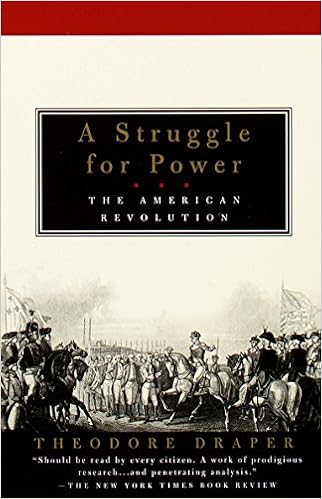
Much of Britain’s difficulty with its American colonies came from New England smuggling and dependence upon French West Indies molasses which it distilled into rum, which in turn fueled its slave trade. In his last years, Boston’s John Adams “saw the Revolution, at least in part, as a struggle over molasses. He said “I know not why we should blush to confess that molasses was an essential ingredient in American independence.
It takes no great imagination to conclude that without British and New England populating the American colonies with African slaves, and perpetuating this into the mid-nineteenth century, the war which destroyed the American republic in 1861 might not have occurred.
www.Circa1865.org The Great American Political Divide
Tampering with New England’s Slave Trade
“[The Molasses Act of 1733 enacted by the British Parliament] was introduced as a result of complaints from the British islands in the West Indies, whose economy was based on the production of sugar, against the competition of the French sugar islands – St. Dominique, Guadeloupe and Martinique. The British West Indies – Antigua, Barbados, Jamaica, Monserrat and St. Christopher – were such an immense source of wealth that they were considered at the time to be more important to the empire than the North American colonies.
Molasses, a by-product of the islands’ sugar mills, was turned into rum in New England. There were so many distilleries in Rhode Island, Massachusetts, and Connecticut that they were known as the Rum Coast. Rum, to a degree hard to believe in a later and much different world, was essential to the New England economy.
It was one of the main means of profitable exchange for furs from the Indians and slaves and ivory from Africa. Some of the greatest early New England fortunes were based on the rum trade, most of which was carried on illegally. Boston alone was said to have about fifty distilling houses. Nothing could set off a panic in New England more surely than tampering with this trade.
The trouble arose because the British islands could not supply all the molasses needed by the North American distilleries or supply them as cheaply as the French islands. The French West Indian molasses manufacture and the New England rum production were as if made for each other. By [Sir Robert] Walpole’s time, an immensely important trade had developed between the French islands and the New England colonies. Everyone benefited, except the British sugar islands.
The result was the Molasses Act, which was designed to cut off the [French-New England] trade by putting a 100 percent duty upon non-British sugar. The agent of Massachusetts and Connecticut in London foretold funereally that the act was bound to ruin “many thousand families there.” Richard Partridge, the New York agent in London, brought up the argument of nonrepresentation in Parliament to denounce the act . . .”
By passing the act, [Walpole] legally appeased the British East West Indian planters. By doing little or nothing to enforce it, he appeased New England rum merchants. Smuggling was not a particularly American vice. Even when Secretary at War he had been engaged in smuggling his wines up the Thames.”
(The Struggle for Power: The American Revolution, Theodore Draper, Vintage Books, 1997, excerpts pp. 95-96)

Molasses, rum, and fight for independence.
ReplyDeleteInteresting qoute from above:
In his last years, Boston’s John Adams “saw the Revolution, at least in part, as a struggle over molasses. He said “I know not why we should blush to confess that molasses was an essential ingredient in American independence.
“I know not why we should blush to confess that molasses was an essential ingredient in American independence.
DeleteThat's good and I hadn't heard that. Thanks.